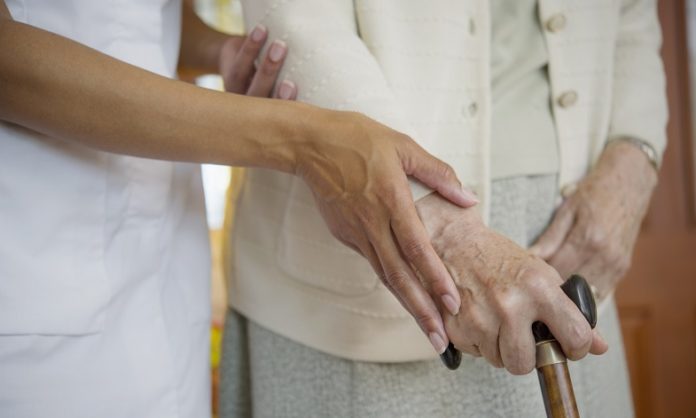You are just as likely to care unpaid for a loved one as to own your own home, according to new figures.
Charity Carers UK has published analysis by the Universities of Sheffield and Birmingham of data from 2001 to 2018 which shows that two thirds (65 per cent) of adults have cared unpaid for a loved one. This is similar to estimates showing 64 per cent of the population own their own home.
Owning a home is a common life milestone and something many British people prepare for. But figures released for Carers Rights Day reveal the stark reality that the average person can just as likely expect to become an unpaid carer for someone who is older, disabled or seriously ill – something that few people are prepared for.
The research also reveals that the average person has a 50:50 chance of caring for someone by the age of 50 – long before they reach retirement age.
On average, women can expect to take on caring responsibilities more than a decade earlier than men. Half of women will care by the age of 46, compared with half of men who can expect to care at 57.
This means that women are especially likely to care during their working life – highlighting the need for employers to support their employees to stay in work by adopting flexible working practices and a right of paid care leave.
Professor Sue Yeandle, Director of the Centre for International Research on Care, Labour and Equalities at the University of Sheffield, said: “Most adults will provide care at some point in their lives, some for years, others for shorter periods. Caring features in men’s and women’s lives, but women are especially likely to be caring at ages when they’d expect to be in paid work.
“Lifetime patterns of caring, and periods of demanding or stressful care, have implications for policymakers and employers as well as carers themselves. Services need to be organised so that, when under pressure, carers can access suitable support. Employers need to know about adjustments they can make to support employees with caring responsibilities at different career stages.
“The findings released in this report add to our understanding of the likelihood of being a carer. We hope they will also contribute to achieving progress for carers, who urgently need better services and more support to manage work and care.”
Helen Walker, Chief Executive of Carers UK, said: “Many of us don’t expect to become an unpaid carer but the reality is two in three of us will do it in our lifetimes.
“Our research shows women are disproportionately affected, facing difficult decisions about their loved ones’ health, family finances and how best to combine paid work and care more than a decade earlier than men.
“The next government has to make sure this ‘gender care gap’ is addressed by giving carers a right of five to 10 days of paid care leave. It must also prioritise sustainable, long term investment in our social care system so that millions of people caring for loved ones can stay in work and look after their own health.”







